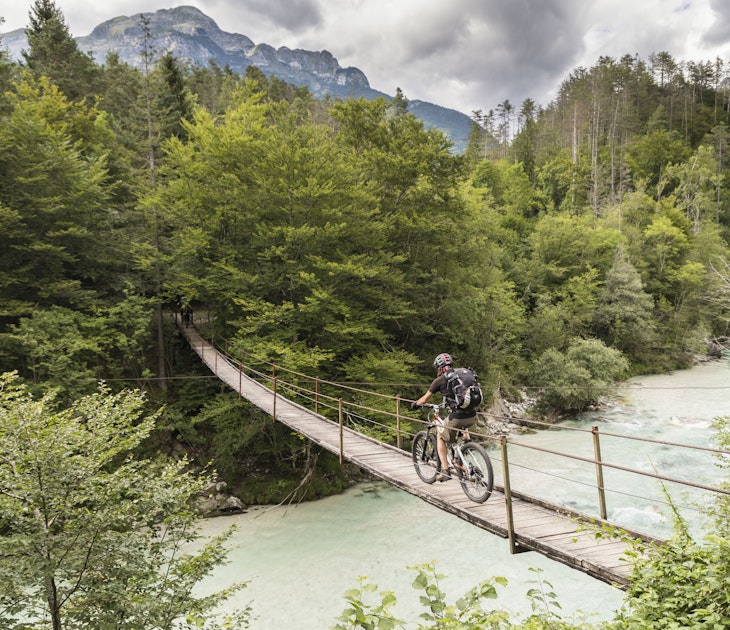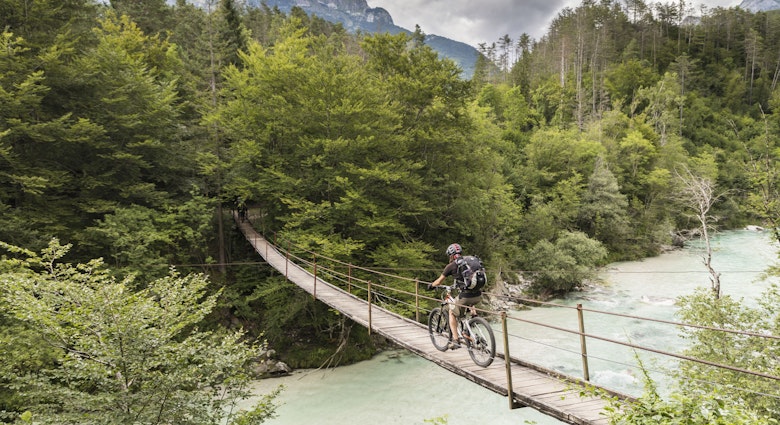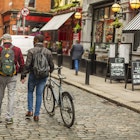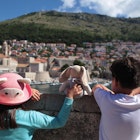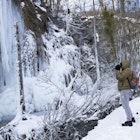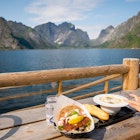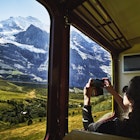The carbon footprint associated the holiday experience extends beyond flights. A new study shows that accommodation and food could be worse for the environment than the air miles logged getting there, particularly when staying in an all-inclusive resort or luxury hotel.

Transport is usually the main carbon contributor of any holiday but researchers from the University of Queensland and Sweden's Lund University have found that, in some cases, particularly the food we eat, can exceed a trip's accommodation, energy and transport emissions, depending on the length of the stay. For the small pilot study, commissioned by eco-travel group Responsible Travel, researchers analysed four European holidays and calculated the carbon emissions for accommodation, food and transport (from London).
It found that for a 10-day holiday to an all-inclusive resort in France, food emissions worked out at 110kg per person, while transport - which included a return flight, taxi and train from London - was 102kg. Meanwhile, a 10-day self-catering holiday in Croatia had much less emissions per person for food at 28kg but transport - which included a flight, bus and ferry - was 243kg.
The study gleaned that smaller, more sustainable accommodations surveyed can emit four times less than carbon at many four-star hotel chains. That's because luxury hotels are usually designed to be self-sufficient with bars, restaurants and entertainment that run round the clock. Not that this is necessarily a bad thing, people take holidays to enjoy these perks, but authors say the report highlights a need for the tourist industry to offer greater plant-based food options, minimise food waste, focus on local, seasonal produce and switch to renewably powered accommodation.
"We know we have to fly less, but that's not the only significant contributor to the carbon emissions of your holiday," said Justin Francis, CEO of Responsible Travel. "Your food is a significant, and sometimes the single biggest source of CO2 emissions from your holiday. To get to net zero carbon 2050 we'll need to fly less and change what we eat."

While Francis noted the pilot study is small, he hopes it will inspire travellers to include accommodation and food, as well as transport, when calculating their carbon footprint and stressed the need for more transparency from the industry to help holidaymakers make informed choices. He added: "We need to see a radical review of tourism in favour of lower-carbon holidays – but there are robust and workable solutions here that can be beneficial to both consumers and companies themselves."


